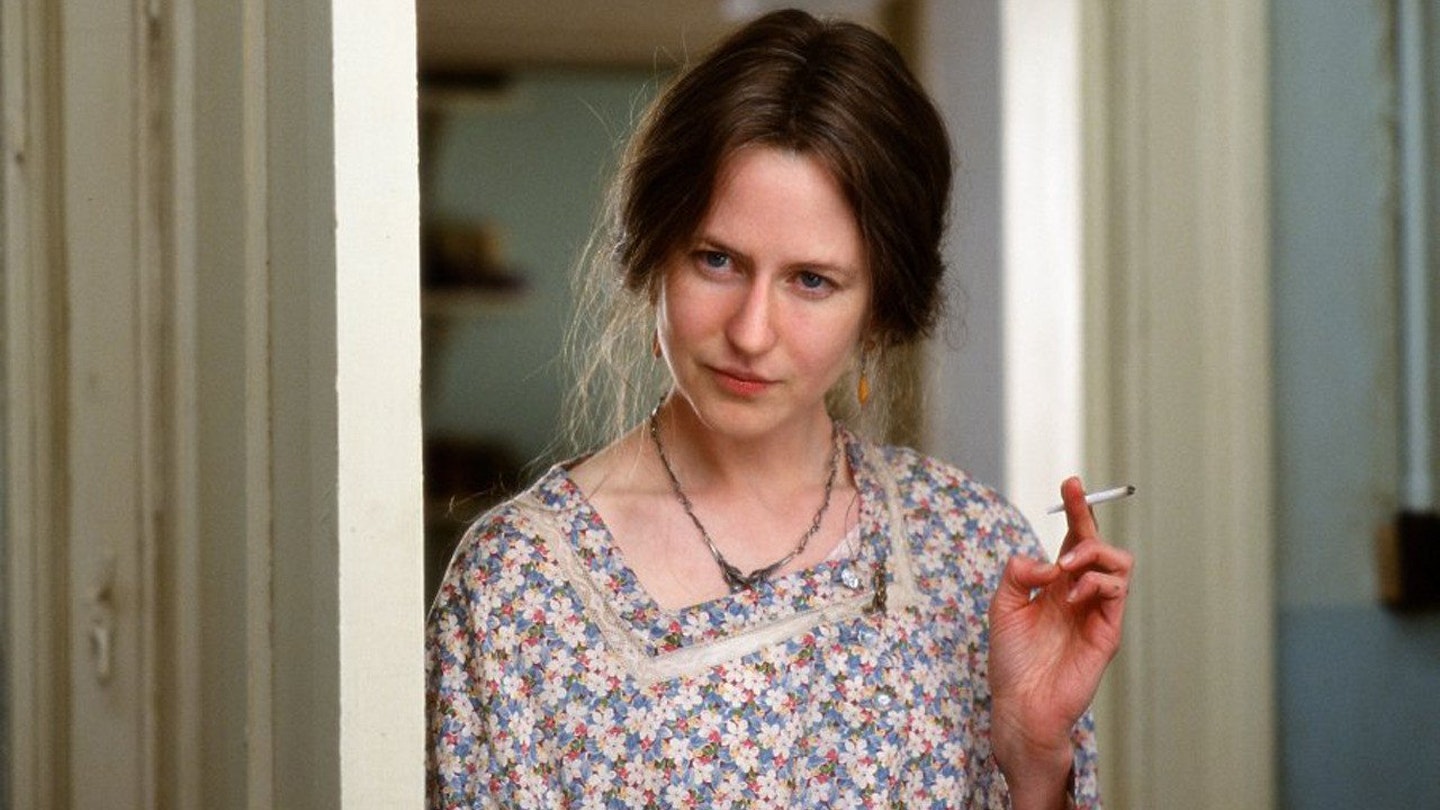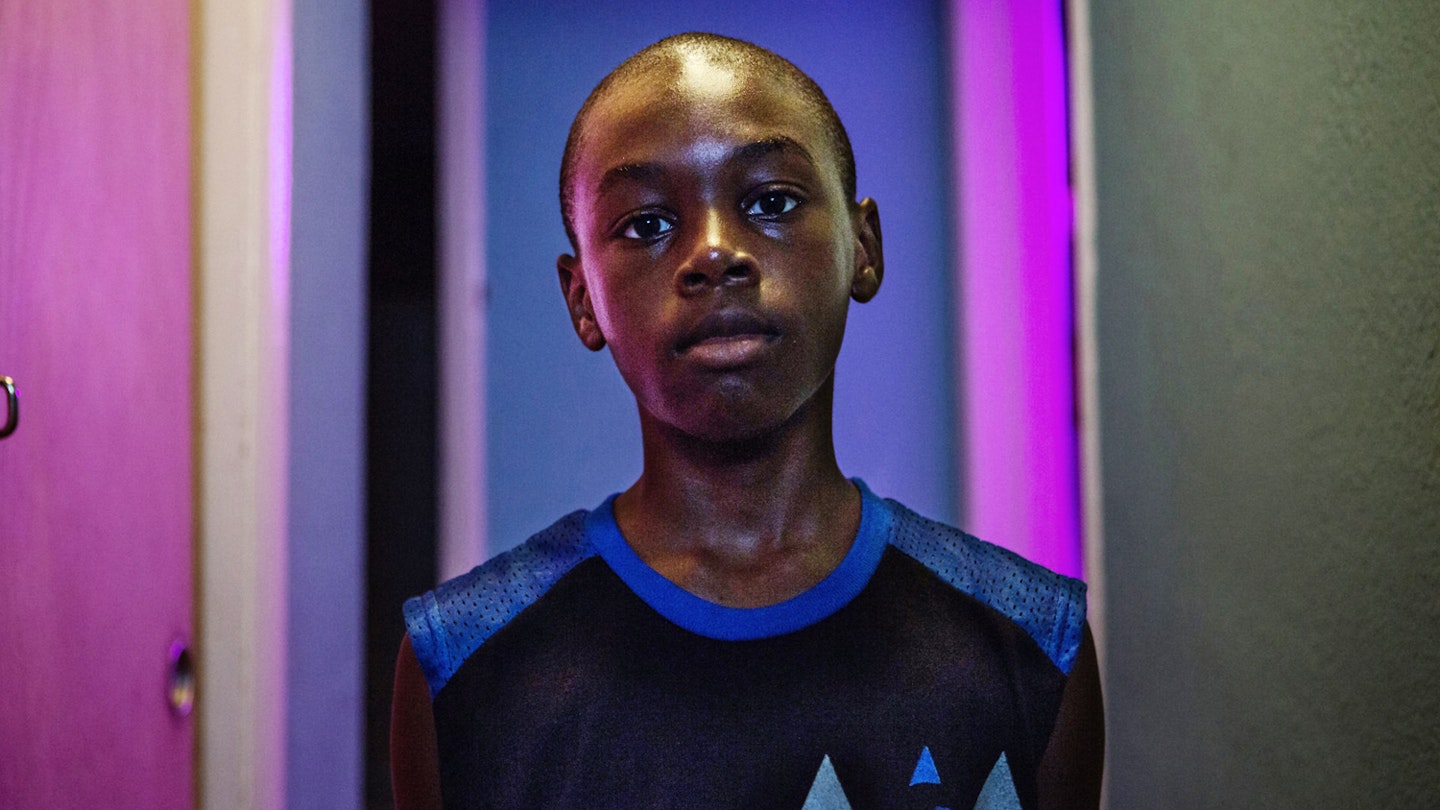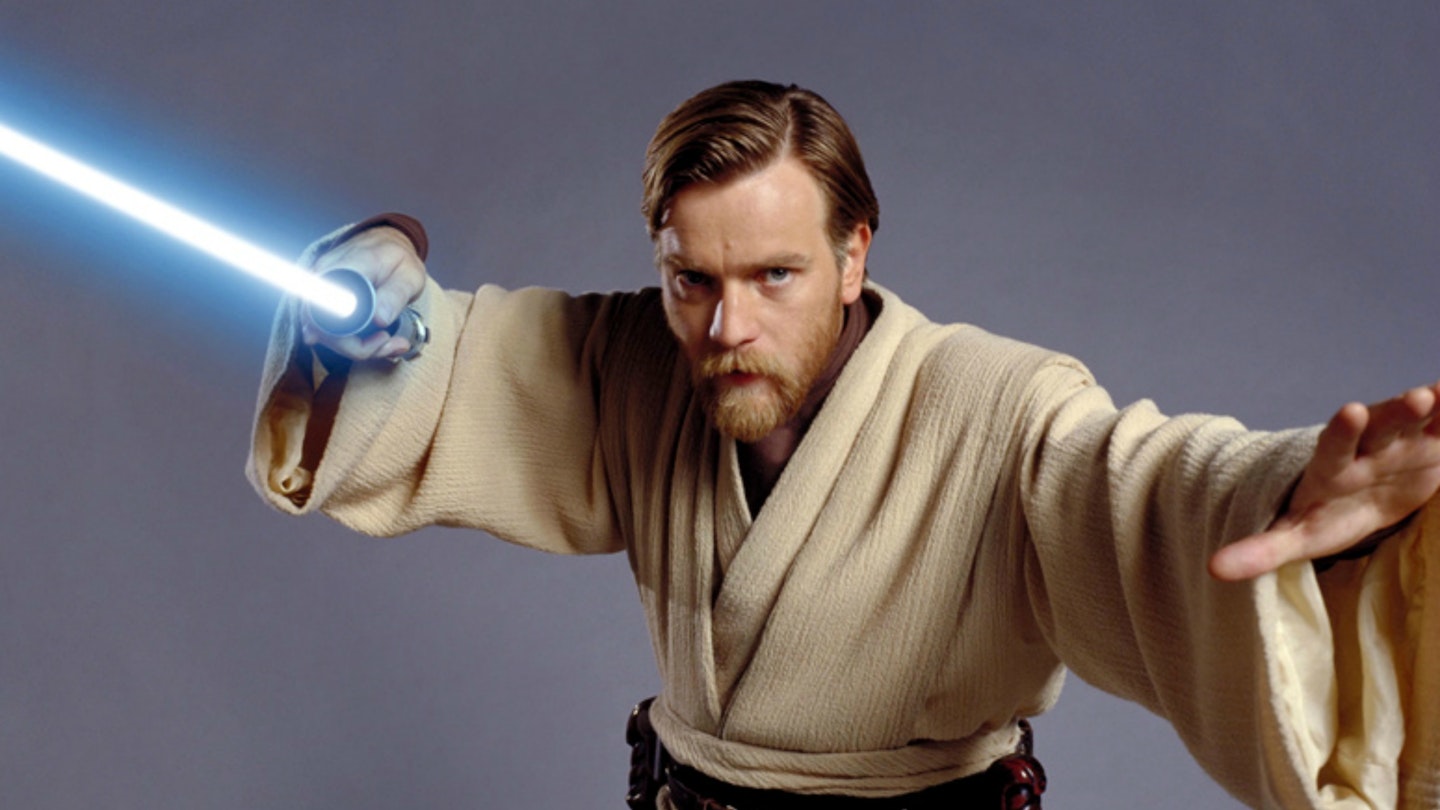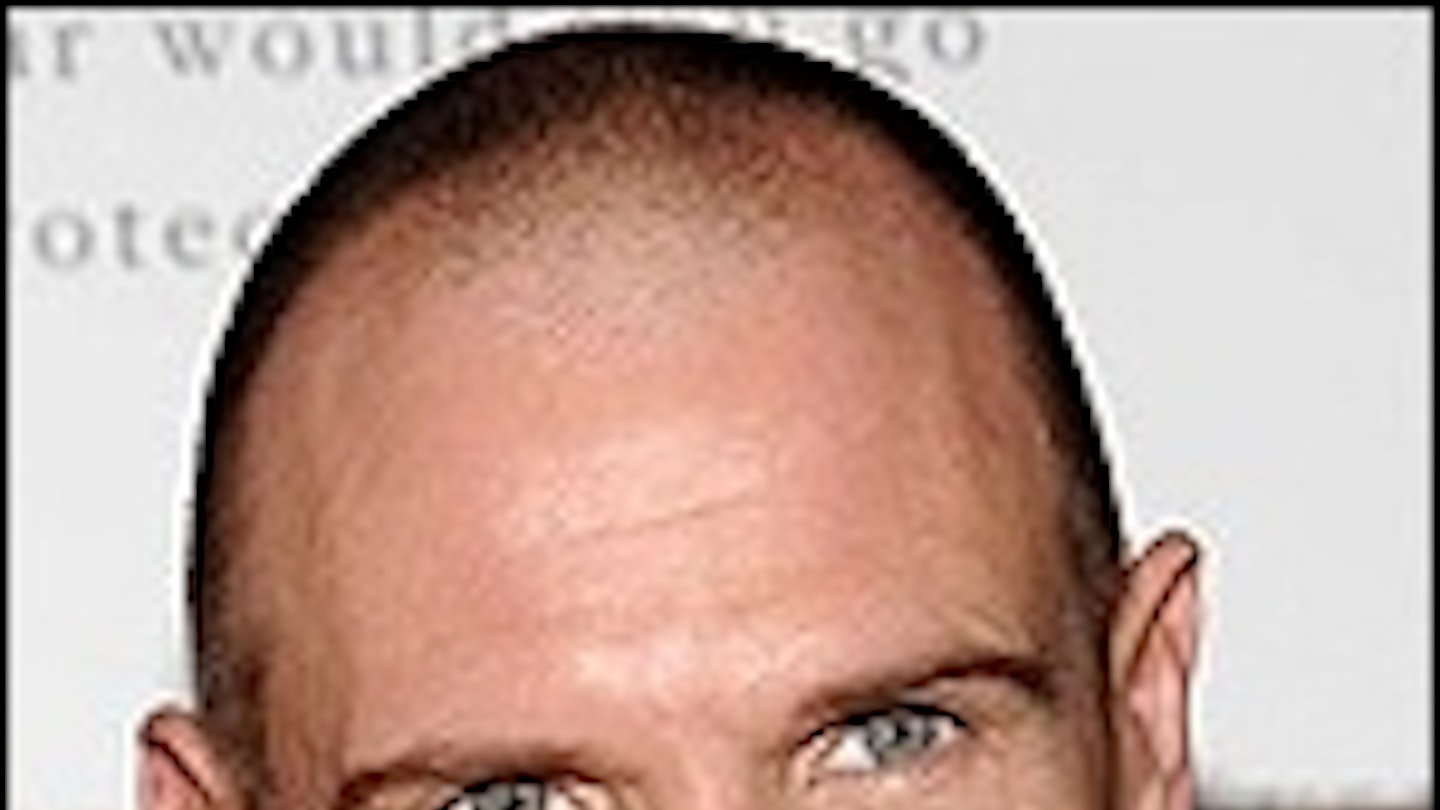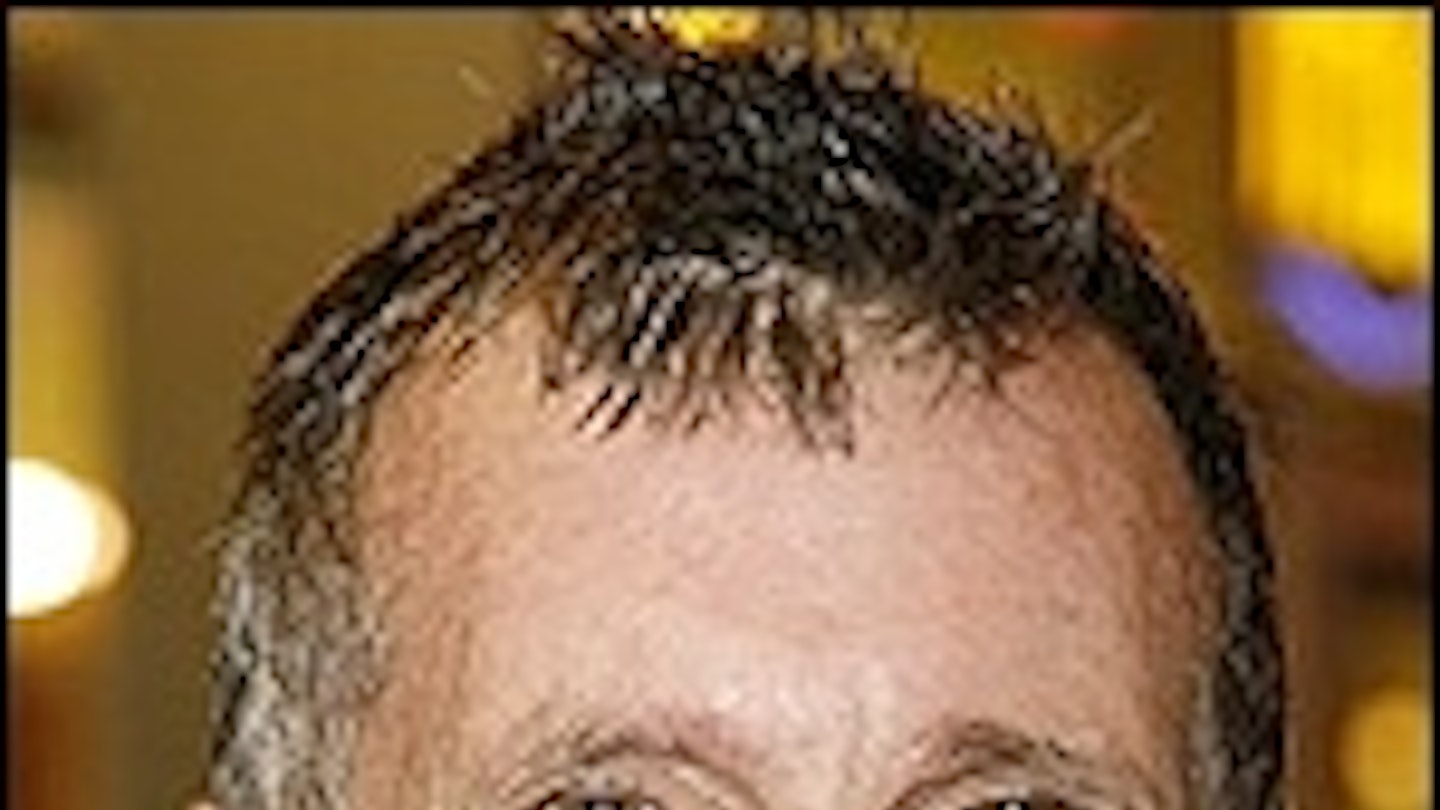After his stint in theatre, The Hours comes at an important point in Stephen Daldry's career. Given carte blanche after the success of Billy Elliot, his new movie brings him the pick of Hollywood's A-list and the power to make an affecting film that could never get made without serious muscle - or never on this budget, at least.
And Billy Elliot was no fluke: Daldry is a deft, imaginative director who appreciates his new medium. It is certainly easy to see why his seamless blending of three apparently unrelated stories has made The Hours a critical darling, with serious Oscar buzz.
As befits his background, Daldry handles the leads beautifully, drawing strong, understated performances from all three. This much we've come to expect from Moore and Streep, although both are diminished slightly by the proximity of similar, forthcoming works: Moore's housewife is an echo of her superb starring role in Far From Heaven, while Streep seems a little safe compared to her appearance in the surreal Adaptation. Kidman, though, is thoroughly amazing as the tormented Woolf. Hidden beneath plain make-up and a prosthetic nose, the trappings of her tabloid stardom all but disappear, leaving only the persuasive portrayal of a complex woman by a terrific actress.
But there is a downside, and it comes from the material: Michael Cunningham's novel. After setting up three very different time zones, the film comes down to earth in modern-day Manhattan amid an alienating, middle-class lit-pack. Here, the clichés of boho cinema come to the fore - Streep as the bookish but energetic lesbian single mother, Ed Harris as a brilliant but troubled poet crippled by Aids, Jeff Daniels as his fey, cavalier ex-lover.
And so, what started as a thoughtful exploration of a day in the life of three very different women becomes yet another showboating actors' workshop, full of tears, soul-searching and confessional speeches. Compared to all this, Kidman's dignified minor keys seem very special indeed.
